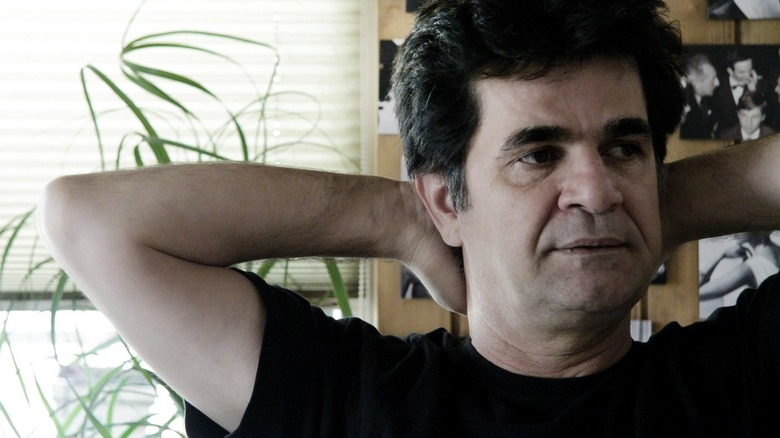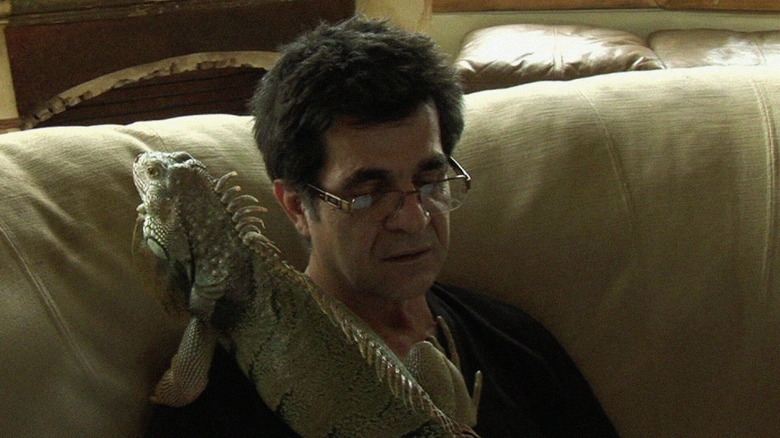Award-Winning Iranian Director Jafar Panahi Sentenced To Six Years In Prison
One of the most celebrated Iranian filmmakers, Jafar Panahi, has been sentenced to six years in prison. Per BBC, Panahi was arrested after going to the Evin prison to inquire about director Mohammad Rasoulof, who had been arrested alongside colleague Mostafa Al-Ahmad earlier this month for social media posts criticizing the repression of protests around the country.
Once Panahi arrived at the prison, guards informed him that he had an outstanding prison sentence from 2010, when he was convicted of "propaganda against the system." After being apprehended, Panahi was sentenced to six years in prison and banned from making any new films or traveling outside of Iran for 20 years. The filmmaker served two months of his sentence before being released on conditional bail.
Panahi's wife, Tahereh Saeedi, told BBC Persian that the imprisonment essentially amounted to kidnapping since there was no due process. "Jafar has some rights as a citizen. There's due process," Saeedi said. "To imprison someone, they need to be summoned first. But to imprison someone who is protesting outside the jail raises a lot of questions. This is a kidnapping."
This is a kidnapping
Considered one of the most influential Iranian filmmakers, Jafar Panahi first achieved international acclaim when his feature debut "The White Balloon" became the first Iranian film to win a major award at the Cannes Film Festival after winning the Caméra d'Or in 1995. His films offered viewers a more humanistic perspective of life in Iran, often focusing on children, women, and the poor, which were not often seen as protagonist in the country. From the tale of a girl who loses the money her mother gave her and the people who try to help her in "The White Balloon," to his unfiltered critique of the treatment of women in Iran with "The Circle," Panahi got recognition abroad. But his views and films were heavily criticized by the Iranian government, resulting in the aforementioned prison sentence from 2010.
In 2011, Panahi gave us the best pre-pandemic film about living under lock-down, with his somber, poignant "This Is Not a Film," a documentary he shot himself on his iPhone while under house arrest at his apartment. The film premiered at the 2011 Cannes Film Festival after it was smuggled from Iran on a flash drive hidden inside a cake.
Panahi's latest film is a drama titled "No Bears," which finished shooting this year. Last week, the Cannes Film Festival issued a statement calling for the immediate release of Rasoulof, Al-Ahmad and Panahi:
"The Festival de Cannes also wishes to reassert its support to all those who, throughout the world, are subjected to violence and repression. The Festival remains and will always remain a haven for artists from all over the world and it will relentlessly be at their service in order to convey their voices loud and clear, in the defence of freedom of creation and freedom of speech."

